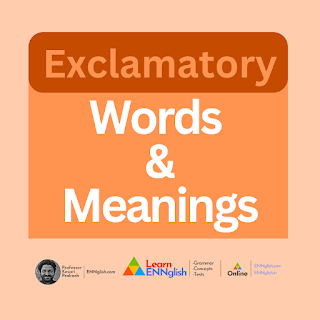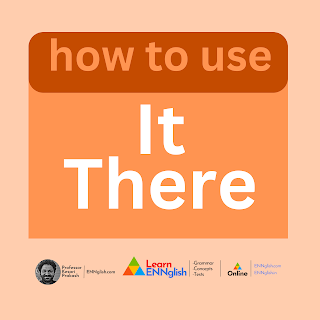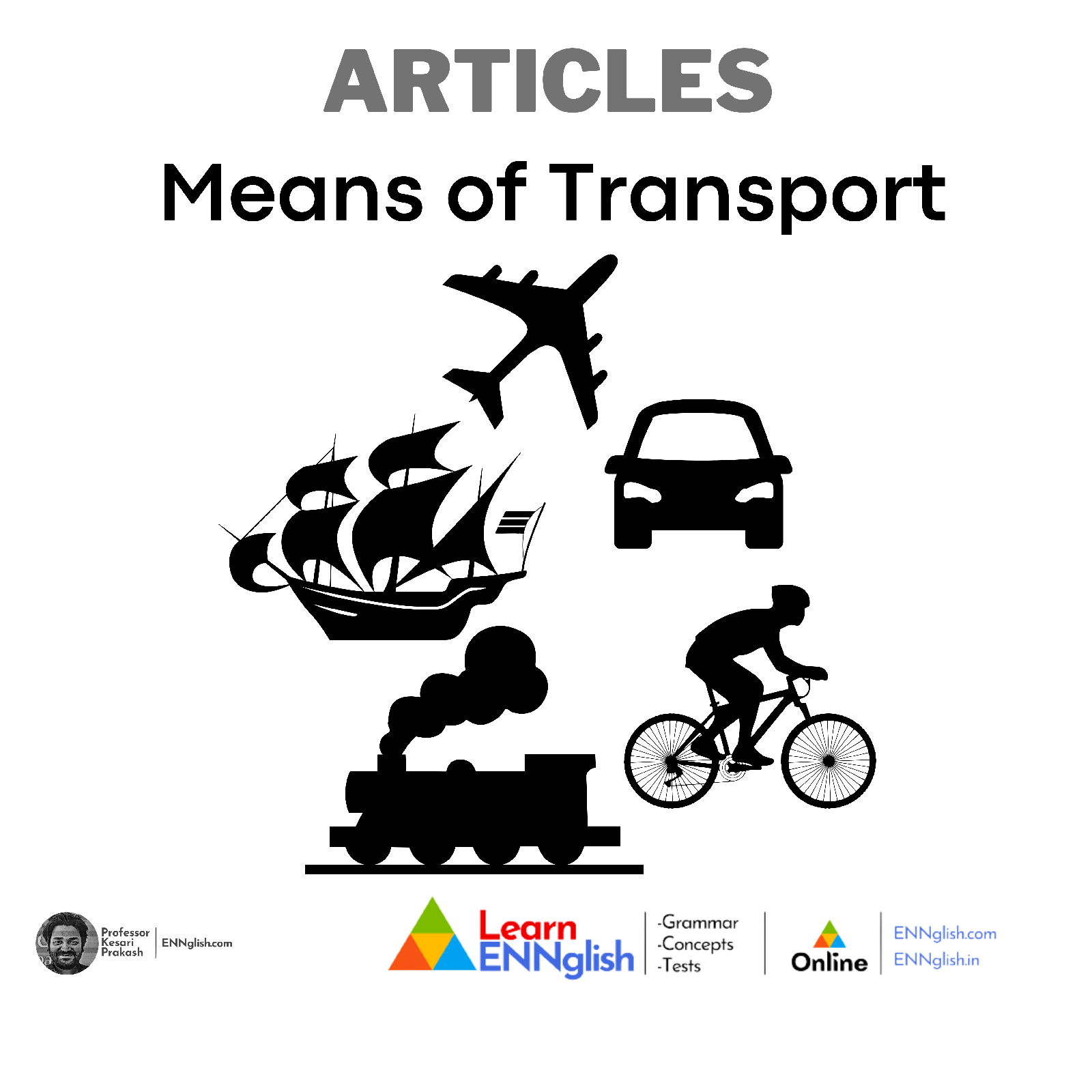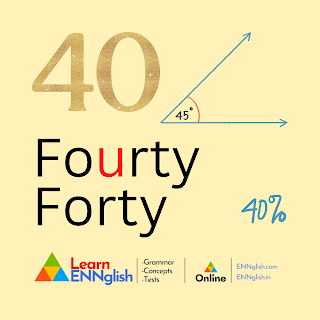Wishes and hypothesis
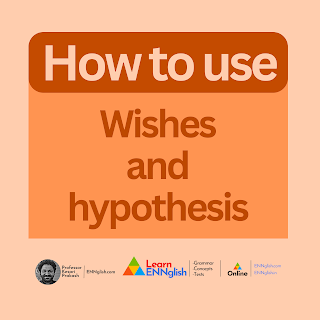
Learn ENNglish Wishes and hypotheses Wishes We use past tense forms to talk about wishes: We use past tense modals would and could to talk about wishes for the future : I don’t like my work. I wish I could get a better job. That’s a dreadful noise. I wish it would stop. I always have to get home early. I wish my parents would let me stay out later. We use past tense forms to talk about wishes for the present : I don’t like this place. I wish I lived in somewhere more interesting. These seats are very uncomfortable. I wish we were travelling first class. Everyone wishes they had more free time. John wishes he wasn’t so busy. I wish it wasn’t so cold. We use the past perfect to talk about wishes for the past : I wish I had worked harder when I was at school. Mary wishes she had listened to what her mother told her. I wish I hadn’t spent so much money last month. ...
